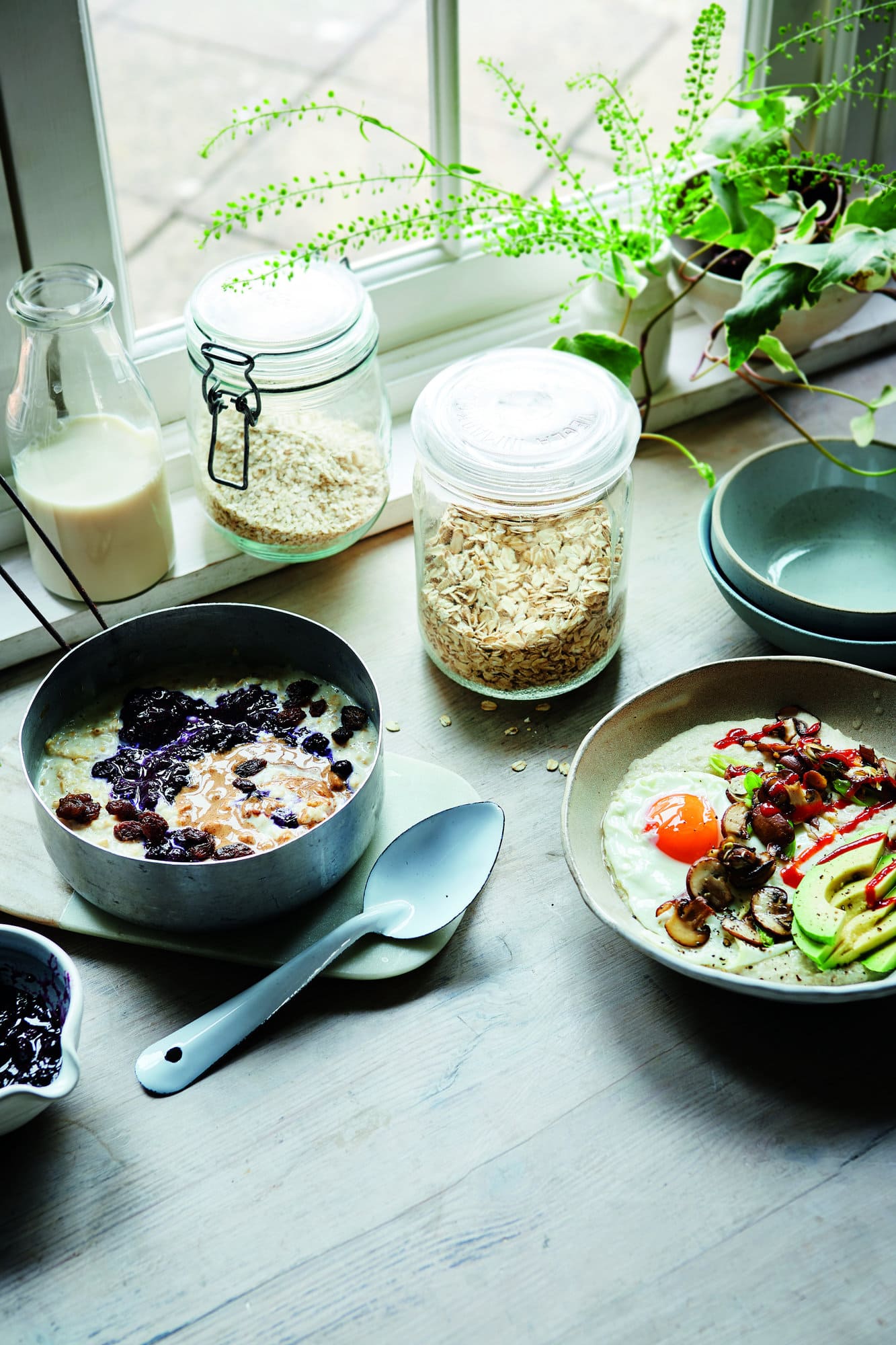
How to carb load for a marathon
Carbohydrates are the body’s preferred source of energy, particularly when it comes to marathon distances. And a great way to prepare for 26.2 (or any run of over 90 – 120 mins) is to fill up your glycogen (carbohydrate) stores to hopefully help stop you hitting the wall during the race.
Glycogen is made up of carbohydrate and water. And your body contains about 90 – 120 mins worth of stored glycogen fuel in your muscles. At the end of a marathon training plan, these stores have been depleted. And it’s important to refill them in the days leading up to the race by carb loading.
Proper carb loading is when you significantly increase carbohydrate intake in the days prior to race day for the body to store carbohydrates as glycogen to utilise as fuel during your run.
Carb loading has the potential to improve your race day performance by 2-3%. But unless you’re Kipchoge and finishing your marathon in under 2 hours, you will run out of ‘fuel’ and so it’s important you eat/refill on the run – check out this post on How to Fuel During a Marathon. (And actually Kipchoge fuels during his marathons with Maurten!)
Confession time… I’ve never done a proper carb load before a marathon but I’m not going to be making that mistake in Big Sur next week. Whilst I’m not going for a PB, I want to maximise performance and avoid hitting the wall (the moment when the body runs out of carbohydrate stores).

How Many Carbs to Eat?
Significantly increasing your carbohydrate intake before long running is known as carbo loading. A starting point would be 10g carbs per kilogram body weight, although anywhere in the range of 8-12g/kg works. Eg for a 60kg runner, you want 600g carbohydrates per day in your carb load. (Although this will also depend on your usual carbohydrate consumption.)
Whilst that can feel like an overwhelming amount, think about breaking it down into 50g portions and spreading those out during your day.
Good examples include; a bagel (50g), 1 cup of cooked rice (45g), 1 large banana (30g), 2 slices bread (50g), 1 large baked potato (50g), 1 large sweet potato (40g), 1 large apple (30g), 1 cup cook spaghetti (40g).
When to start carb loading?
Ideally you’re going to want to start increasing your carbohydrate intake 2-3 days prior to race day.
If you’re doing a 2 day carbo load, it’s worth going for the 10-12g/kg bodyweight range, whereas if you’re planning a 3 day carb load, you could start with 8g/kg bodyweight.
What type of carbs to eat?
Ideally you want to stick to carbohydrates that you’re used to including in your diet, whilst thinking about limiting high fibre and high fat items to help minimise risk of gastro issues eg choose boiled or baked potato vs chips or roast potatoes.
Carbs are found not only in grains, but in starchy vegetables, fruit, dairy and drinks including fruit juice and sugary drinks.
Don’t forget that you don’t just have to think about eating more carbs at your main meals or having a huge pasta dinner, but consider choosing high carb snacks and drinks in the days leading up to your race.

What to avoid when carb loading?
Cutting carbs before carb loading
You don’t need to cut carbs in the days before carb loading, just eat normally in the lead up. Studies show that the combination of reducing training in taper and carb loading helps build your muscle glycogen capacity.
Eating all your extra carbs in ONE meal
Don’t try to get all of your carbs from your pasta dinner the night before the race. Try to spread your extra carbs out at meals, plus high carb snacks and drink throughout the day. A good aim is 50g portions.
Choosing too many high fat/high fibre carbs
Not only are high fat, high fibre carbs more likely to give you race day GI issues, but they also fill you up more quickly, meaning you might struggle to consume your full carb load.
Inadequate hydration
Whilst it’s always important to be well hydrated before a race, it’s even more crucial when you’re increasing your carbohydrate intake pre-race. Glycogen is 1 grams of carbs + 2-3 grams of water. So think about this when increasing your carb intake and make sure to sip on water and electrolyte drinks whilst carbohydrate loading. You can also take in carbs in the form of drinks, eg fruit juice, sports drinks, smoothies, and sugary drinks.

What are side effects of carb loading?
If you carb load correctly, the chances are you might gain weight; this is a combo of food and fluid plus reduced training in the marathon taper. With every gram of stored carbohydrate, you store 3 grams of water. Don’t worry, this is normal and meant to happen and will help fuel you through your race mileage!
Looking for more help with carb loading? Registered Dietitian’s Tom Hollis and Meghann Featherstone do great individualised carb loading plans for runners to help nail nutrition in the lead up to race day.
0 Comments